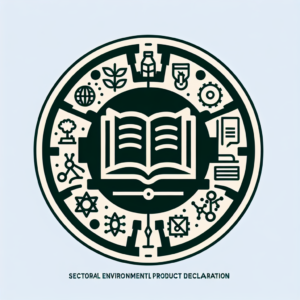Sure! Here’s the translation to American English:
—
The San Francisco Police Department is facing increasing controversy after it was revealed that it has shared data from automatic license plate readers (ALPR) with federal and out-of-state agencies. Organizations such as the Electronic Frontier Foundation (EFF) and the ACLU of Northern California have condemned this practice, arguing that it constitutes a violation of California law and jeopardizes the safety of drivers in the city, especially immigrants and individuals seeking abortion services.
The situation came to light following the sending of letters to the San Francisco Police Department requesting records under the Sunshine Ordinance, in response to a report that disclosed the direct access that police granted to its ALPR database to agencies outside of California. At least 19 searches by these agencies were identified, many of them linked to Immigration and Customs Enforcement (ICE). Additionally, it was found that some entities from states like Georgia and Texas, which have strict reproductive health restrictions, had also accessed this information.
ALPR readers are devices that track vehicle movements, storing locations in a searchable database. This technology allows for mass surveillance, collecting data on all vehicles in circulation without distinction. Currently, the San Francisco Police Department has 415 such cameras purchased from Flock Safety.
Since 2016, sharing ALPR data with external or federal agencies has been illegal in California. If this data is used to enforce immigration law, another state law is violated. The report highlights that law enforcement from other states has conducted 1.6 million searches in the SFPD’s database.
The organizations have urged the police to conduct a thorough audit of their ALPR database, establish new legal compliance protocols, and take disciplinary action against any official who shared information with external entities. Despite the police’s claims that external agencies no longer have access to this data, uncertainty remains about how they initially obtained such access and what measures will be implemented to prevent future violations.
Civil rights groups warn that numerous agencies in California continue to disregard these laws, posing a significant risk to citizens’ sensitive location information, especially in a context where federal agencies conduct immigration enforcement operations, and some states impose severe restrictions on reproductive rights. The responsibility of California agencies, including the SFPD, is to protect the rights of their residents, regardless of how they are treated in other jurisdictions.
—
Let me know if you need any further assistance!
Source: MiMub in Spanish











